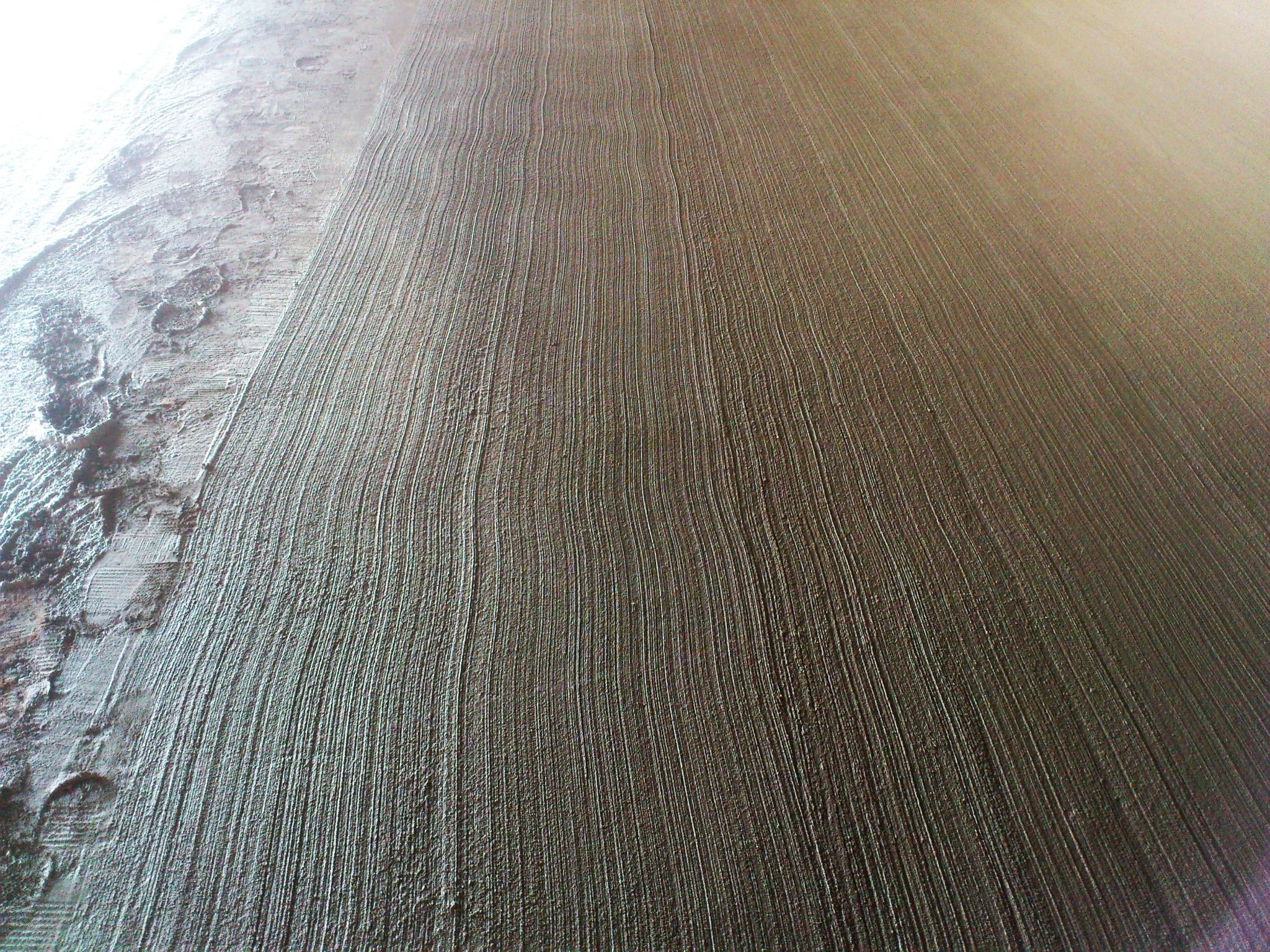Coating Material Comparison: Which is Best for Your Needs?
When it comes to protecting surfaces and enhancing durability, choosing the right coating material can make all the difference. With numerous options available, understanding the characteristics of each can help you make an informed decision. Whether you are considering coatings for industrial equipment, home surfaces, or automotive applications, this guide will help you compare some of the most popular coating materials.

Understanding Different Coating Materials
Epoxy Coatings
Epoxy coatings are renowned for their strong adhesive properties, resistance to chemicals, and durability. They are commonly used in industrial settings for flooring solutions due to their ability to withstand heavy traffic and harsh conditions. Epoxy coatings offer a sleek finish and are available in various colors and finishes, making them versatile for both aesthetic and functional purposes.
Polyurethane Coatings
Polyurethane coatings are appreciated for their flexibility and superior resistance to abrasion. This makes them an excellent choice for surfaces that undergo frequent impact or movement. Additionally, they provide a glossy finish that enhances the appearance of surfaces. Often used in automotive and marine applications, polyurethane coatings protect against UV rays and weathering.

Choosing the Right Coating for Specific Needs
Corrosion Resistance
If your primary concern is corrosion resistance, consider coatings such as zinc-rich primers or epoxy phenolic coatings. These provide excellent protection against rust and are ideal for environments exposed to moisture and chemicals. This makes them suitable for pipelines, offshore structures, and chemical plants.
Aesthetic Appeal
For projects where appearance is crucial, powder coatings and acrylic coatings offer vibrant color options and a smooth finish. Powder coatings are environmentally friendly as they emit few volatile organic compounds (VOCs) during application. Acrylic coatings dry quickly and provide a clear coat that enhances underlying colors.

Factors to Consider When Selecting a Coating
When choosing a coating material, consider the specific requirements of your project. Here are some key factors:
- Environmental Conditions: Consider humidity, temperature fluctuations, and exposure to sunlight.
- Surface Material: Different substrates like metal, wood, or plastic may require specific coating types.
- Application Method: Some coatings require professional application while others can be DIY-friendly.
- Cost: Evaluate the cost-effectiveness over the lifespan of the coating.
Sustainability Considerations
With increasing emphasis on sustainability, consider eco-friendly coatings that minimize environmental impact. Water-based coatings, for instance, reduce VOC emissions and are easier to clean up compared to solvent-based options. Additionally, choosing durable coatings can extend the life of surfaces, reducing the need for frequent reapplications.

In conclusion, selecting the right coating material depends on understanding your specific needs and the properties of each option. From epoxy’s durability to polyurethane’s flexibility, each material offers unique benefits. By evaluating factors such as environmental conditions and aesthetic preferences, you can make a choice that ensures long-lasting protection and aesthetic value for your projects.